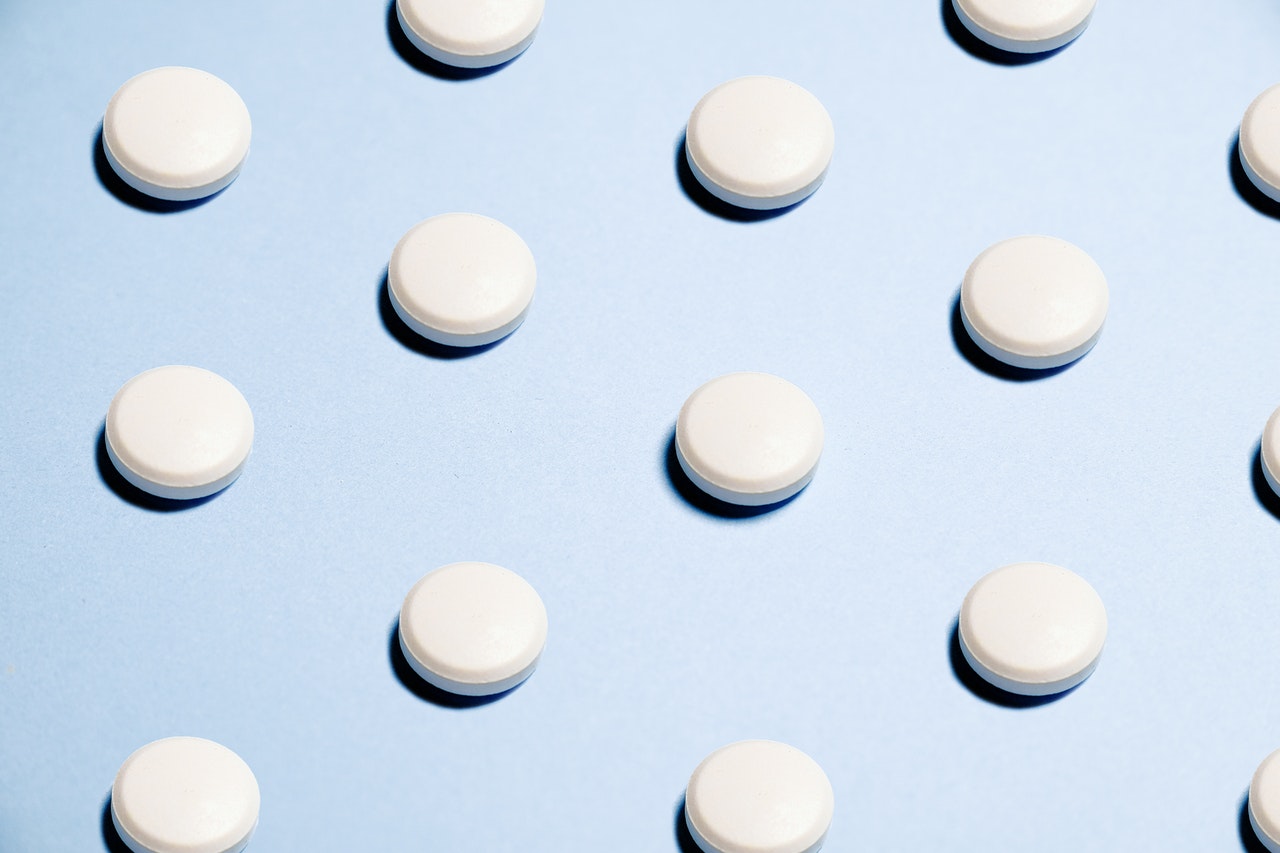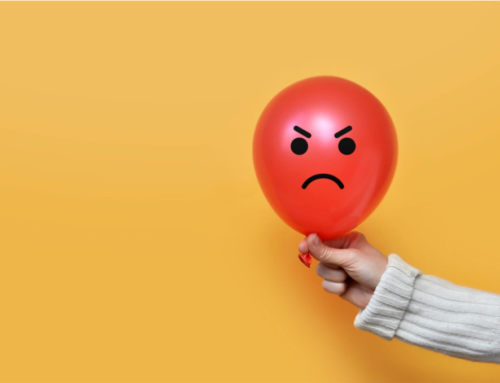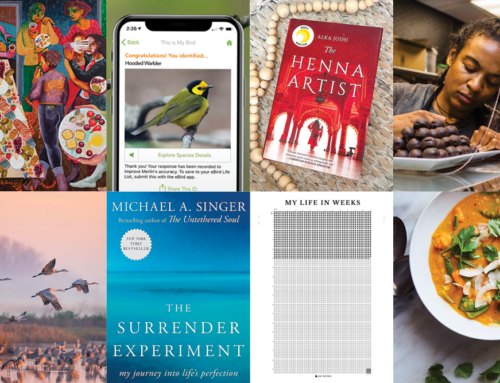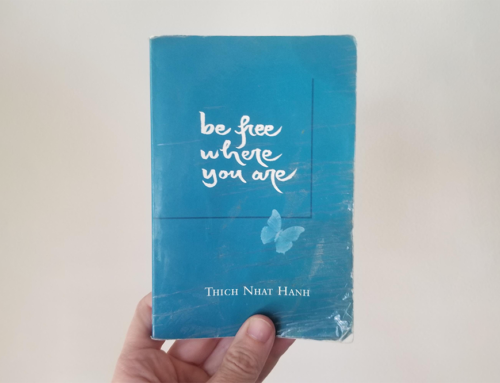Photo by Anna Shvets from Pexels
If there was ever a year to break down the barriers of stigma around mental health, it’s this one.
My journey to becoming an acupuncturist was very much rooted in my own personal mental health struggles. For years, I tried with little success to manage persistent symptoms of ADHD, anxiety, and general difficulty with executive functioning. As time went on, I became increasingly frustrated with the lack of long term, sustainable treatment options within Western medicine.
It was this struggle that eventually drove me to seek alternative care as a patient almost a decade ago. It became a years-long process that took me on a journey of self-discovery. I was still on and off of medications for several years but as I learned meditation techniques, began a more regular yoga practice, sought out a good therapist, and learned what to eat for my body, I felt less dependent on them.
It was when I found my way to Chinese medicine that I had the most radical shift. Acupuncture and herbal medicine felt like the final missing piece of the puzzle in managing my mental health. I was amazed when regular acupuncture sessions and herbs gave me the sustainable results that had always felt out of reach.
It became clear to me just how far I’d come when after my first semester in Chinese Medicine school I stopped taking my Adderall. I went on to complete the rigorous four-year med school program and pass several national medical board exams with no medication. A feat, given my history, that I still can’t believe I accomplished even to this day.
I have worn my medication-free existence like a badge of honor over the last few years. It not only felt like a huge personal triumph but also like a true testament to the medicine I so deeply cherish.
As a practitioner, I am no stranger to supporting patients taking medications. Practicing Chinese Medicine in this part of the world comes with an awareness that the majority of people are taking pharmaceuticals. A large part of our herbal medicine education includes classes like pharmacology and herb/drug interactions for this reason. In fact, I find that acupuncture and herbs are often great adjunct therapies that can support medication while simultaneously strengthening liver, gut, and immune function.
All of this to say, as an acupuncturist I see my role as meeting each patient where they are. I value integrative medicine and educating patients on finding a more well-rounded approach to their health and well-being: whatever that looks like for them. This year has clearly been a difficult one for most of us. I am finding myself treating more mental health symptoms than ever before. I am no exception.
When the pandemic began, I found myself in a whirlwind of relocating across the country to Baltimore from Austin, TX. It was disorienting, overwhelming, and challenging. I left behind the strongest community of friends I have ever had to live in a new city where I knew no one and with the pandemic in full swing, it was nearly impossible to make connections. For an extrovert who thrives in community, to say it was a hard year for me is an understatement. By the time winter arrived I was hanging on by a thread.
I have never identified with being depressed. Anxiety is no stranger to me but crying uncontrollably, feeling unable to get out of bed, and having no motivation or joy was completely foreign. In fact, it took me until February of 2021 to finally admit to myself that something was wrong and I needed extra support.
Navigating the space between self-management and crisis isn’t exactly easy – even for a healthcare practitioner. Although mental health care is becoming less taboo and more of a public health conversation, it still feels like most of us were never given the language and resources to identify, communicate, and know when to ask for help.
I thought I was open-minded to medication but when it came to taking SSRIs, I found that I had so much internalized stigma around taking them myself. I know what I need to do to feel better, I told myself for months. The problem was, I was so far down the rabbit hole that I couldn’t do any of those things for myself. This is only temporary, you don’t need medication, you’ll get through this was my constant internal dialogue. I worried about the side effects especially as a survivor of sexual trauma – what if this made my sex life even more challenging? Or what if I became dependent on them and couldn’t transition back off?
After months of this, it was in February when I was laying in bed sobbing that I had the realization that I was genuinely worried about my well-being in a way I never had been before. I knew that I needed to ask for support and what I had been doing was not cutting it.
Once I said out loud to a few people in my life that I needed help, I found the support I needed readily available. As soon as I made the definitive decision to break through the stigma I was feeling around taking meds, I felt a huge wave of relief knowing that help was on the way.
I can happily report two months later that I feel like myself again and that I have the internal resources to do the things I know make me feel better like moving my body, making better eating choices, and prioritizing self-care practices.
I felt compelled to write this article because it’s okay to not be okay. It’s okay to be into acupuncture and yoga but also lean into medication for support. In fact, it’s probably more common than we all think, we just don’t talk about it with each other and I want to change that. I want to pull back the veil on my own struggles to let you know that even your acupuncturist isn’t okay all of the time.
We are all so unique with our own body chemistry, family dynamics, life experiences, and trauma. These experiences inform our stress response and the coping mechanisms we develop throughout our lives. Because of this, there is no “one size fits all” approach to our health and well-being. I encourage all of my patients to continue getting to know their body and its needs. Exploring different modalities that are accessible and finding what works best and at what frequency is a process that takes time and patience. More importantly, it’s something only you know the answer to.
As we continue to navigate this life-changing year, please know you are not alone. If you are in crisis reach out to your healthcare providers, loved ones, and community for help. We must all support one another. Human connection is integral to healing and the more we show up in our messy human-ness and have honest dialogues around our struggles and vulnerabilities, the more community we will create. It is through this that we can find healing and create demand for access to the resources we need to live healthy and vital lives.





